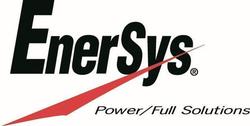
EnerSys® Suite of Power Solutions take warehouse operations to the NexSys® Level
EnerSys®, a global provider in stored energy solutions for industrial applications, will feature its family of virtually maintenance-free NexSys® battery

EnerSys®, a global provider in stored energy solutions for industrial applications, will feature its family of virtually maintenance-free NexSys® battery

Flow-Rite has fortified its marketing efforts by filling two newly created positions. Justin McQueen joins the company as product marketing
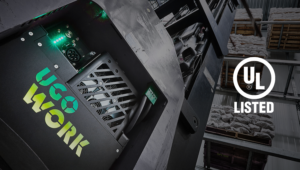
UgoWork™, a Canadian energy solutions provider specialized in lithium-ion batteries for industrial trucks, announced that its 36V and 48V lithium-ion

EnerSys®, the global provider in stored energy solutions for industrial applications, is taking industrial, electric-powered vehicle safety to the next

Stafl Systems, Idneo, BSLBATT Battery, and American Battery Solutions join Delta-Q Technologies’ compatibility program to facilitate innovation and collaboration among the
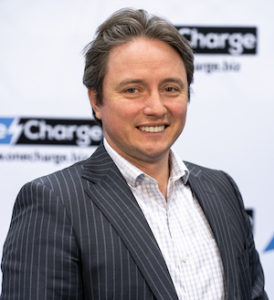
mkhabur@onecharge.biz As the world recovers from the turbulent years of 2020 and 2021, we are seeing all sorts of repercussions
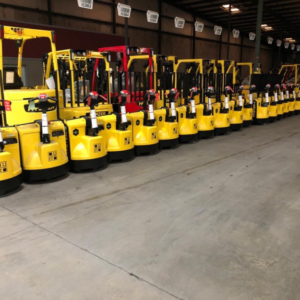
RELiON Battery, a global provider of lithium motive batteries for the material handling industry, just announced that the company has
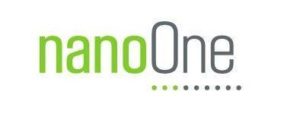
Nano One successfully completed Phase One of its co-develop work with CBMM Durability enhanced single crystal-coated NMC cathode validated with
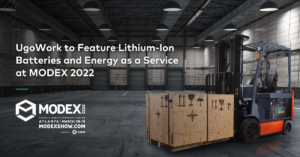
UgoWork™, a Canadian energy solutions provider specializing in the material handling industry, will be exhibiting at MODEX 2022, from March

On this episode, I was joined by not one but five guests! I call this one battery talk because we
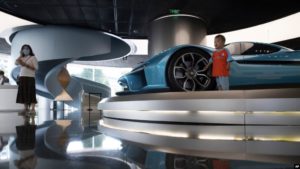
Over the past two decades, China has come to dominate the lithium battery market from end to end. With such
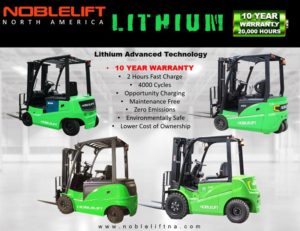
Noblelift®, a global provider in material handling equipment, just announced its 2022 new advanced battery warranty program for its Lithium

For decades, lead-acid batteries were one of the only games in town as a source of power for material handling

25-year global technology veteran’s appointment to advance the commercial rollout of Flux Power’s Sustainable Lithium-Ion Energy Storage Solutions for Fortune
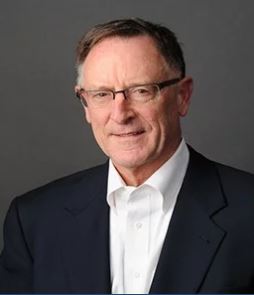
Flux Power Holdings, Inc., a developer of advanced lithium-ion battery packs for commercial and industrial equipment, issued a letter to
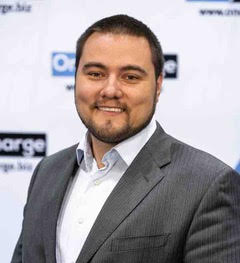
Bipolar Batteries: Little Gain for Lead-acid, Bright Future for Lithium As its name implies, “bipolar” battery technology uses an electrode
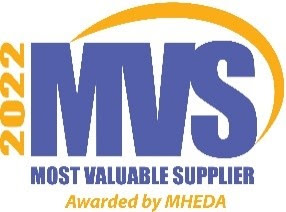
East Penn Manufacturing Co., has earned the prestigious MVS (Most Valuable Supplier) Award for achievements in 2021. The MVS Award
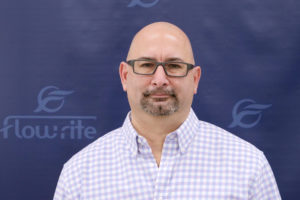
Flow-Rite, a manufacturer of injection-molded fluid control components for marine, RV, and industrial use, has hired Alfred Estrada as its
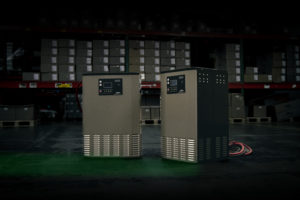
Flight Systems Industrial Products (FSIP), a provider of industrial charging solutions, is pleased to announce the anticipated GREEN8 and GREENX
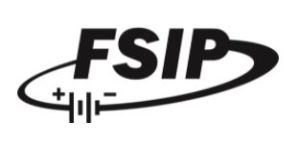
FSIP, a provider in manufacturing, remanufacturing, distribution, and electrical system design for the electric vehicle industry, has appointed their Addison,